 The trademark train that almost left the station.
The trademark train that almost left the station. A few weeks ago, the New Jersey Transportation authority nearly found themselves in a pickle when they noticed that trademarks for important insignia were abandoned for good. Apparently, a trademark attorney that had been obtained by the transportation authority forgot to renew the trademark registrations before the deadline, requiring the transit authority to file new trademark applications for 7 of the transit authority’s marks. The cause for the lapse? It looks like a former attorney for the transit authority had a brain freeze and told the authority that its trademark registrations were actually good through 2018. The problem is that trademarks are only good for 10 years (with action required by the trademark at both the 5- and 10-year anniversaries of the registration), and the trademarks at issue were registered (mostly) around June 2002. Doing the math 2002 + 10 = 2012. So renewal of the marks was required in 2012, not 2018. Perhaps the lawyer for NJ Transit was confused by the effect of the 5-year renewal (which was filed timely in 2008) and believed that this filing extended the deadline 10 years. Who knows.


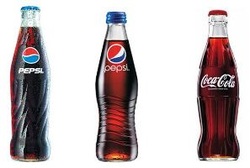
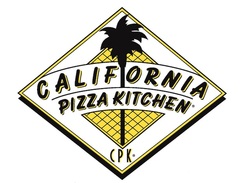
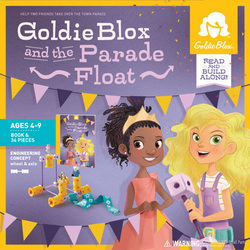
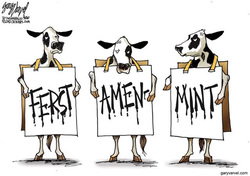
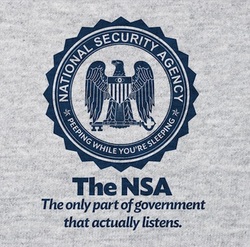

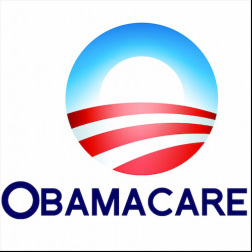
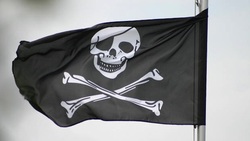

 RSS Feed
RSS Feed